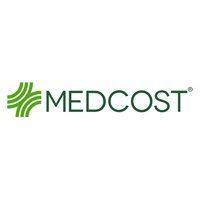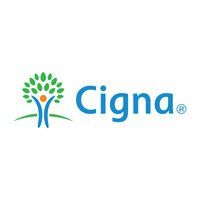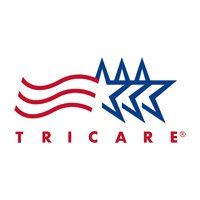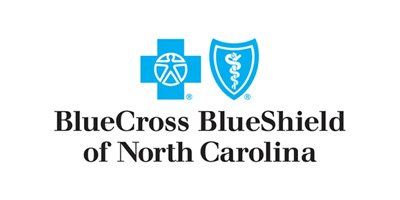Bipolar Disorder
Discover how medication management, ketamine and TMS can help with bipolar disorders.
Understanding Bipolar Disorder
Bipolar disorder is a complex mental health disorder that affects thoughts, mood, behavior, and daily functioning. At its core, it involves extreme mood swings, including episodes of mania and periods of
depression. Living with bipolar disorder means navigating the delicate balance between these emotional extremes. It’s crucial to approach it with empathy and understanding.
During manic episodes, individuals may experience heightened energy, impulsivity, and an intense sense of euphoria. In contrast, depressive episodes can bring overwhelming sadness, fatigue, and hopelessness. The unpredictability of these mood swings makes it difficult to maintain stability in daily life, affecting relationships, work, and overall well-being.
At the North Carolina Institute of Advanced NeuroHealth, we believe that compassionate support, education, and evidence-based treatments—such as TMS therapy and Ketamine treatment—are essential in breaking down mental health stigma and helping individuals with bipolar disorder regain control of their lives.
There can be many causes for Bipolar Disorder, including genetics, chemical imbalances in the brain, hormone imbalances, and even environmental factors. Bipolar disorder includes several subtypes, each characterized by distinct patterns of mood episodes. The primary types are Bipolar I, Bipolar II, and Cyclothymic Disorder. Here's a brief overview of each:
Bipolar 1 Disorder
- Characterized by at least one manic episode, which may be preceded or followed by hypomanic or major depressive episodes.
- Manic episodes involve elevated mood, increased energy, impulsivity, and sometimes psychotic symptoms.
- Depressive episodes in Bipolar I are similar to those seen in major depressive disorder.
Bipolar II Disorder
- Defined by a pattern of at least one major depressive episode and at least one hypomanic episode, but not a full manic episode.
- Hypomanic episodes involve milder symptoms than full manic episodes but still represent a distinct change in mood and functioning.
Cyclothymic Disorder:
- Involves numerous periods of hypomanic symptoms and depressive symptoms that do not meet the criteria for major depressive or hypomanic episodes.
- Symptoms in Cyclothymic Disorder are less severe and persistent than those in Bipolar I or II.
It's important to note that bipolar disorder exists on a spectrum, and the specific experiences vary widely from person to person. If you or someone you love is suffering from bipolar disorder, reach out to our team for compassionate support. The diagnosis and management of bipolar disorder requires expertise and customized treatment plans based on unique symptoms, history, genetics, and lifestyle.
Bipolar disorder requires lifelong support and professional treatment. Fortunately, there are several successful treatment options available.
Bipolar Treatment Options In Apex, NC
Medication For Bipolar Disorder
Using
medications to treat Bipolar Disorder is often the first line of treatment. As with any mental health disorder, it can take time to find the right dosing and medication. Mood stabilizers like lithium or anticonvulsants, along with atypical antipsychotics, are commonly prescribed to help regulate mood swings. These medications can help prevent extreme highs and lows, allowing people to experience a more stable and balanced emotional state.
Additionally, antidepressants may be prescribed during depressive episodes. Finding the right combination and dosage often involves a collaborative effort between patients and their healthcare professionals.
Ketamine For Bipolar Disorder
Ketamine is becoming a popular treatment option for bipolar disorder because it doesn’t have some of the side effects that come with other treatments like weight gain. Spravato, an intranasal form of esketamine, is also available at the North Carolina Institute of Advanced NeuroHealth.
An open-label study of 42 patients with bipolar depression, found that 52% responded to a single infusion of ketamine; 14 the rapid antidepressant effect was replicated in a subsequent study conducted among 53 patients with bipolar depression.
TMS Therapy For Bipolar Disorder
Along with ketamine therapy, another emerging therapy in the mental health field is TMS Therapy. Some research has shown TMS may help improve symptoms of bipolar disorder. However, it’s also important to note that the Food and Drug Administration (FDA) has not yet approved TMS as a treatment option for cases of bipolar disorder, so it’s considered an ‘off-label’ treatment.
Bipolar Treatment In Apex, NC
At the North Carolina Institute of Advanced NeuroHealth, we take a holistic approach to treating bipolar disorder. We utilize a variety of innovative treatment options to help our patients find renewed wellness.
We understand the challenges that come with bipolar disorder, and our dedicated and compassionate team in Apex is here to
collaborate with you. Together, we can create a treatment plan that helps you overcome bipolar disorder and experience brighter days ahead.
OUR NAVIGATION
CONTACT US NOW!
It's important to know that you are not alone. Get help with depression today!

TMS THERAPY SUPPORTS MENTAL WELLNESS
- Depression
- Sadness or Despair
- Low Mood or Lethargy
- Irritability
- Lack of Joy
- Social Isolation
- Self-Harm
- Eating Disorders
Is ketamine therapy Right for you?
Do you suffer from depression, and common treatment options remain unsuccessful?
Do you want to feel the effects of treatment faster than traditional therapies? Then it's time you consider ketamine therapy.
In 1970, the FDA gave ketamine its seal of approval as an anesthetic. It was used to alleviate pain in injured soldiers on the battlefields of Vietnam.
Now, ketamine has matured to support individual mental health.
Unlock the promise of ketamine therapy today.
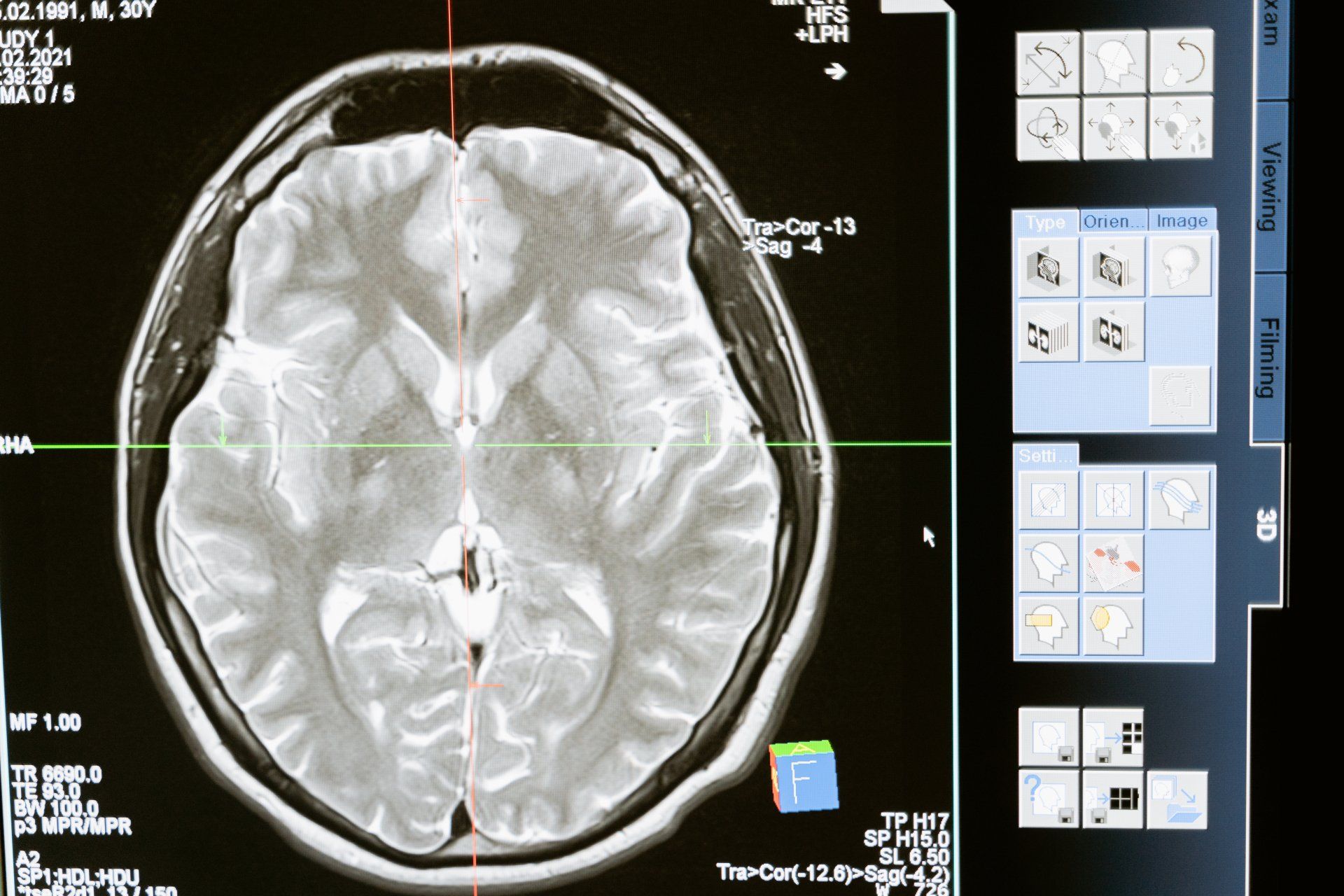
A Brief Look at Ketamine Throughout History
Ketamine was discovered in 1962 by Calvin L. Stevens, a professor of chemistry. It quickly proved to act quicker than the leading anesthetic at the time, PCP. The U.S. eventually approved ketamine in the 1970s for anesthetic use during the Vietnam War. As time passed, people began to use it illicitly, and it became a federally controlled substance in 1999.
But despite this classification, researchers remained steadfast, knowing ketamine could unlock the enormous potential for treating several health conditions. Now, after years of extensive research, significant findings show the promise of ketamine to manage various mental health conditions when administered in low doses.
Ketamine is the future of mental health treatment. Unlock it's potential and find the relief you deserve.
INTRANASAL KETAMINE & TMS THERAPY
We provide evidenced-based comprehensive therapy to individuals suffering from depression, anxiety, obsessive compulsive disorder (OCD), post-traumatic stress disorder (PTSD), and more by providing long-term relief for debilitating symptoms. The right program with ketamine and TMS may be the perfect solution to support your mental wellness.
Local to Apex NC?
Contact us today!

Rapid Symptom Relief
Ketamine doses act quickly! Most patients notice improved mood or mental state improvement within the same day of treatment. Dosage can depend on your unique needs. Have questions? Contact the NC Institute of Advanced Neurohealth.

Sustained & Long-Term Relief
Combination Therapy with Transcranial Magnetic Stimulation (TMS or rTMS) and Ketamine is a safe and highly effective alternative to medications and other forms of therapy and lifestyle changes. When medications, psychotherapy, and lifestyle changes don't help, then transcranial magnetic stimulation (TMS therapy) with Ketamine should be considered.

Outpatient Comfortable Care
Our expert staff will put you at ease. While Ketamine has proven to be effective in the treatment of depression, pain, and other mood disorders, this is irrelevant until the FDA classifies the drug as an antidepressant. The good news is, since Ketamine is a "medical expense", we are able to accept payment from HSA and FSA accounts.


